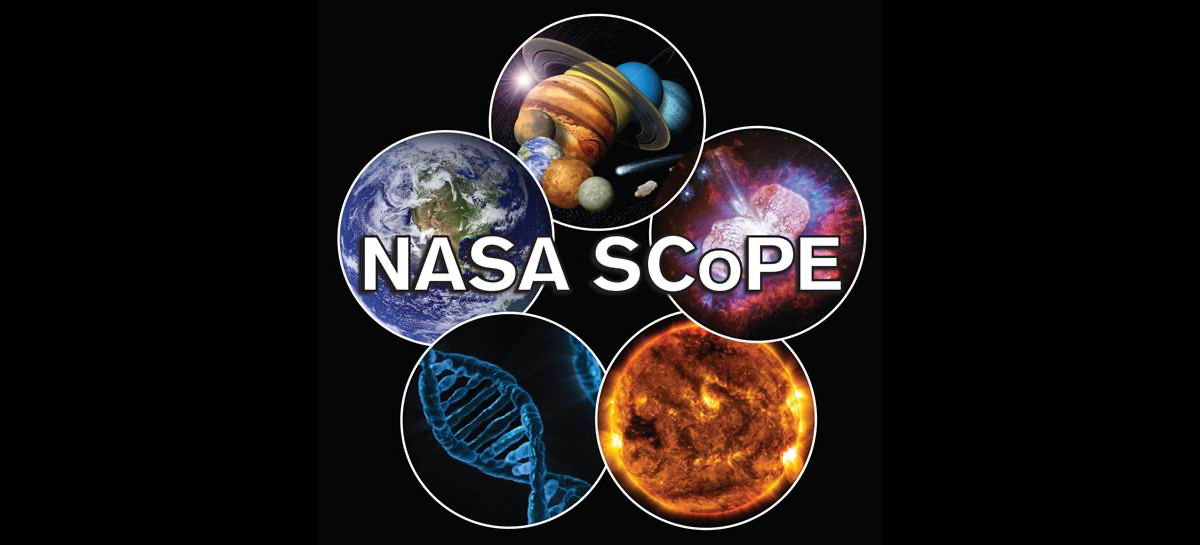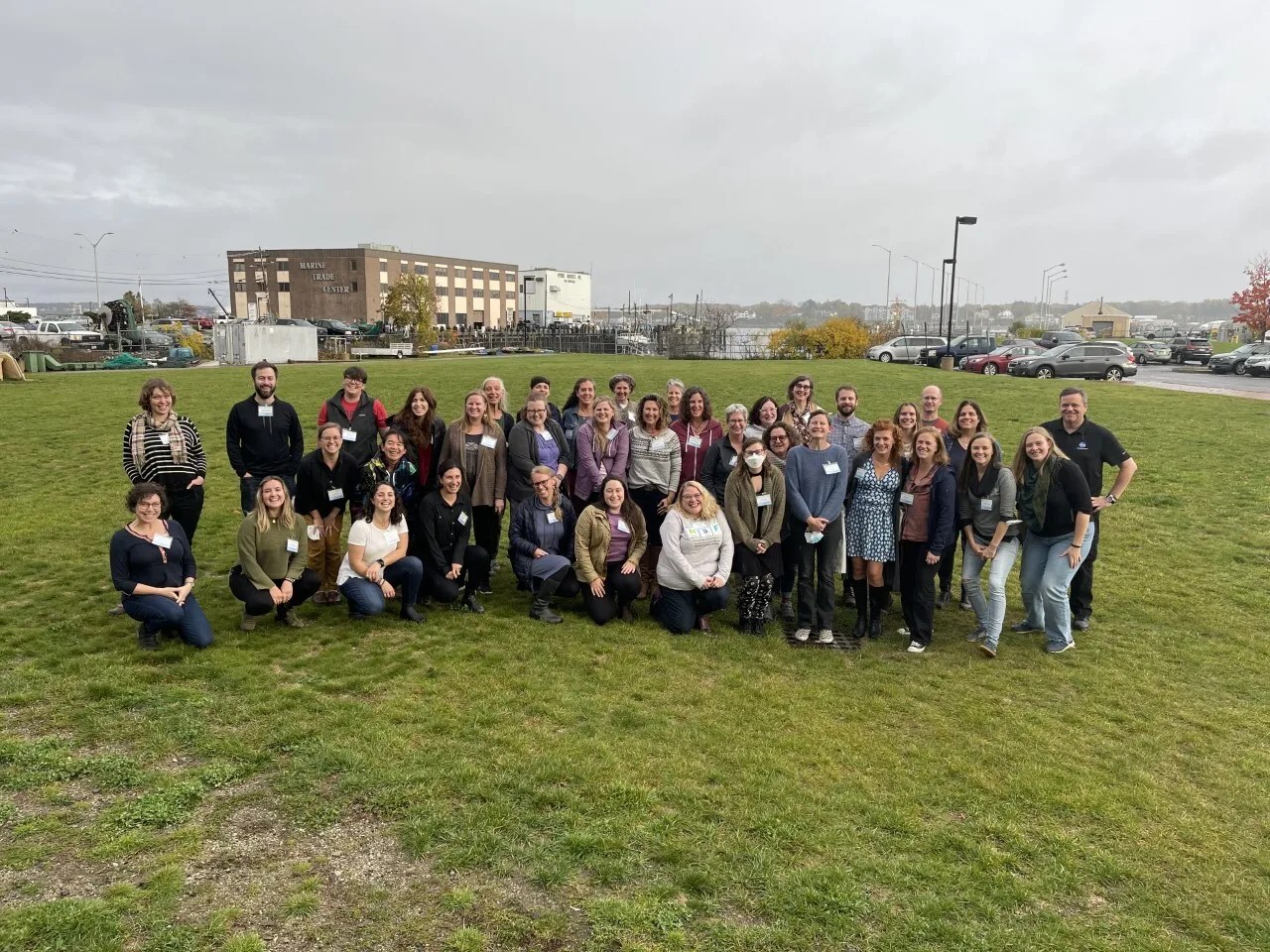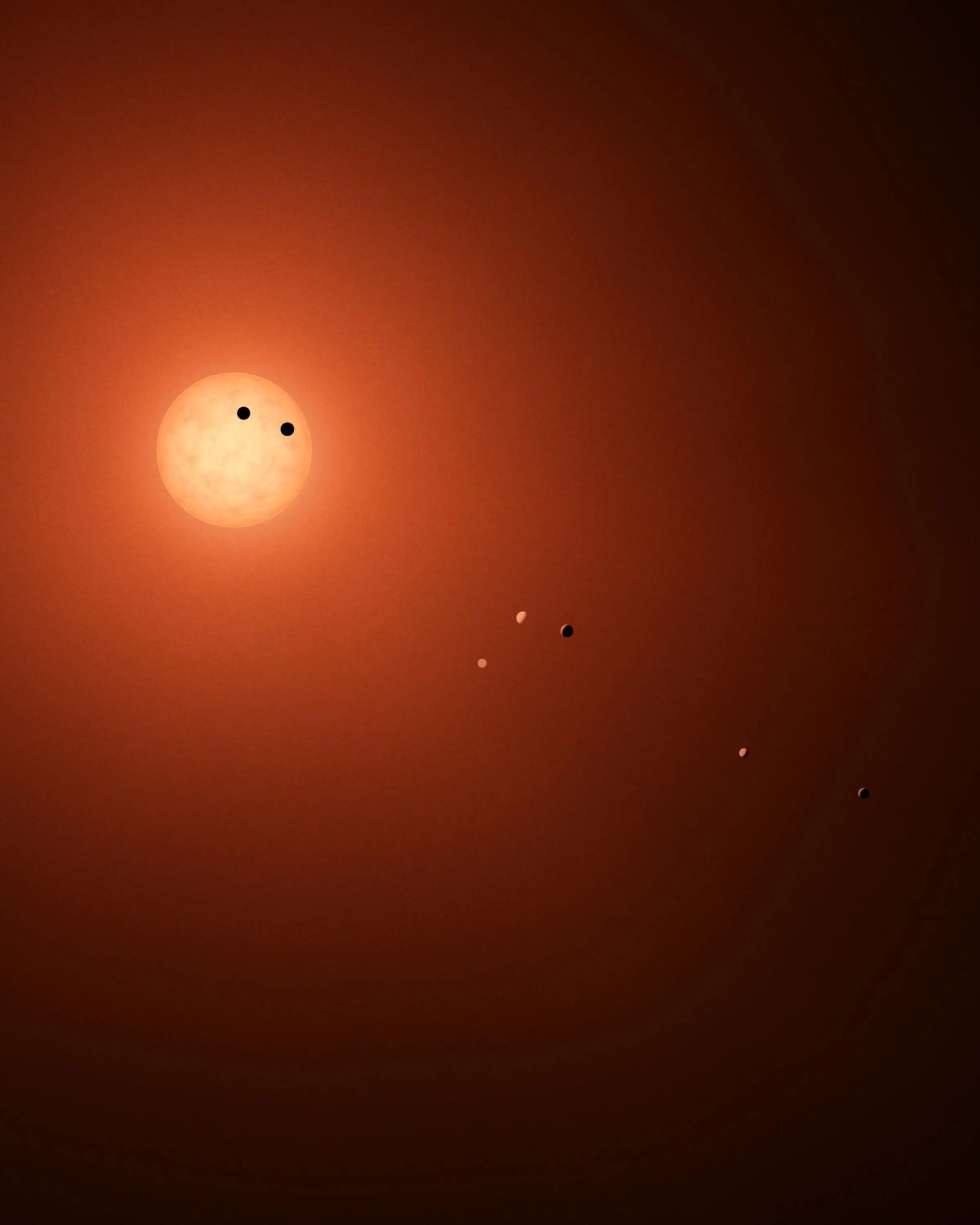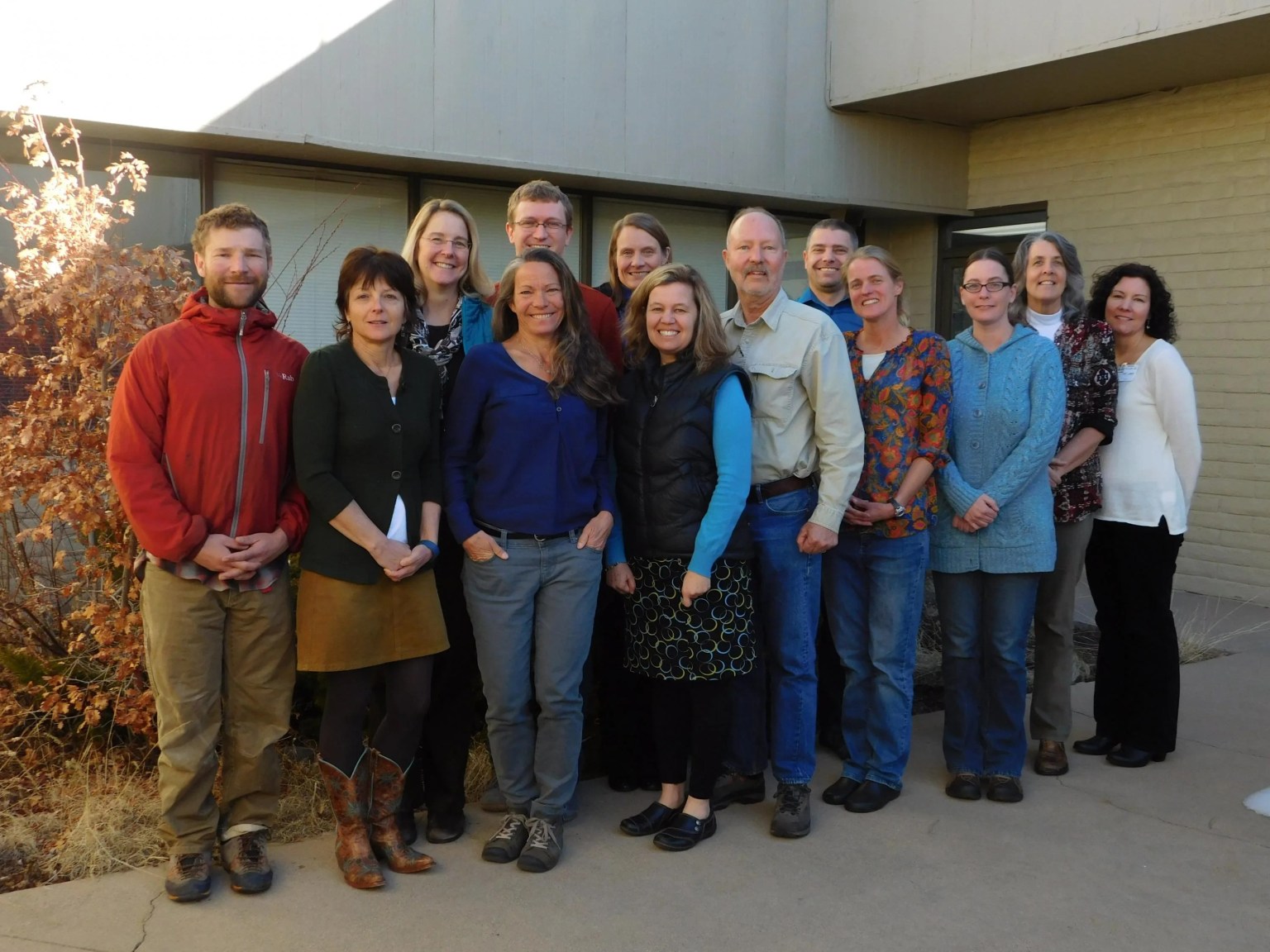NASA SCoPE
Connecting science/engineering subject matter experts with NASA education experts.
This project will create a sustainable process through which Earth and Space Science and Engineering (ESSE) subject matter experts (SME)—especially NASA-funded SMEs— will join education experts from the Science Activation Program (SciAct) to form the SMD Community of Practice for Education (SCoPE). The SCoPE will enable SMEs to efficiently and effectively share their science through the activities and dissemination networks of the SciAct portfolio, in the process enriching the portfolio and enhancing its impact.
The NASA SCoPE project will develop processes, designed to be self-sustaining, for NASA-funded subject matter experts to engage with content producers and disseminators, as well as the learners that they serve, within NASA’s Science Activation Program portfolio. The development of such processes was one of the key recommendations of a recent National Academies review report. Our project leverages the strength of the NASA SCoPE team in subject matter expertise in all areas of NASA Science as well as the centrality of professional societies to create a “network of networks” for SMEs to engage with NASA SciAct.

The SCoPE and the process it facilitates directly address a critical NASA education need. Currently, there are many SMEs within NASA mission teams and beyond who wish to contribute their expertise to advance national educational goals but are not aware of the SciAct or how to connect with it. At the same time, SciAct teams create excellent educational resources but often struggle to engage broadly, efficiently, and inclusively with expert scientists. What is needed is a process that (1) makes it easier for SMEs to discover SciAct projects that match their interests and expertise and (2) provides training for SMEs and SciAct teams to help both groups to work together more effectively.
To solve this problem, we will establish the SCoPE as a community of practice (CoP) around SME engagement. A CoP is an ideal approach to centralize existing knowledge about how SMEs and the SciAct can collaborate effectively while also creating a wholly new pathway through which new and existing SME partners can learn about the SciAct, learn to be better science educators and communicators, and even shape the practices of the SciAct teams themselves. Once initiated, such a CoP is sustainable with only modest on-going investment.
To initiate the SCoPE, the project team will establish a pathway process visible to all NASA SMEs that can move those interested from awareness to engagement with SciAct activities. Major ESSE professional societies, such as the American Geophysical Union (AGU) and American Astronomical Society (AAS), offer a powerful focal point for such a process, because they reach a broad and diverse cross-section of relevant SMEs, facilitate training and mentoring (especially of early career SMEs), and because these societies are increasingly interested in improving educational outcomes. Therefore, we will work with the AGU, AAS, and other ESSE professional societies to optimize the pathway process, leveraging their community mechanisms and expertise. Notably, the visible centerpiece of the process will center on the annual AGU and AAS meetings— events that many SMEs and SciAct participants already attend—as opportunities to forge new connections between SMEs and the SciAct. Each year, we will work closely with the societies to develop and advertise training programs and showcases of new products created with SCoPE support. Having made connections at these annual meetings, SMEs and SciAct teams will carry out their partnership activities the rest of the year, facilitated by the project team and the SCoPE community at large. Facilitation will include developing and sharing knowledge of best practices with all participants through webinars and an online community space. The project will also provide some direct support to SMEs in the form of stipends and travel funds to enhance engagement, especially of early career scientists.
The project will be led by the School of Earth and Space Exploration at Arizona State University, which brings to the effort a combination of expertise and scientific leadership across ESSE and a successful track record of high-impact education programming. The project's Advisory Council includes leading scientists from each NASA SMD division who will be able to generate the necessary awareness and trust among ESSE SME communities.































